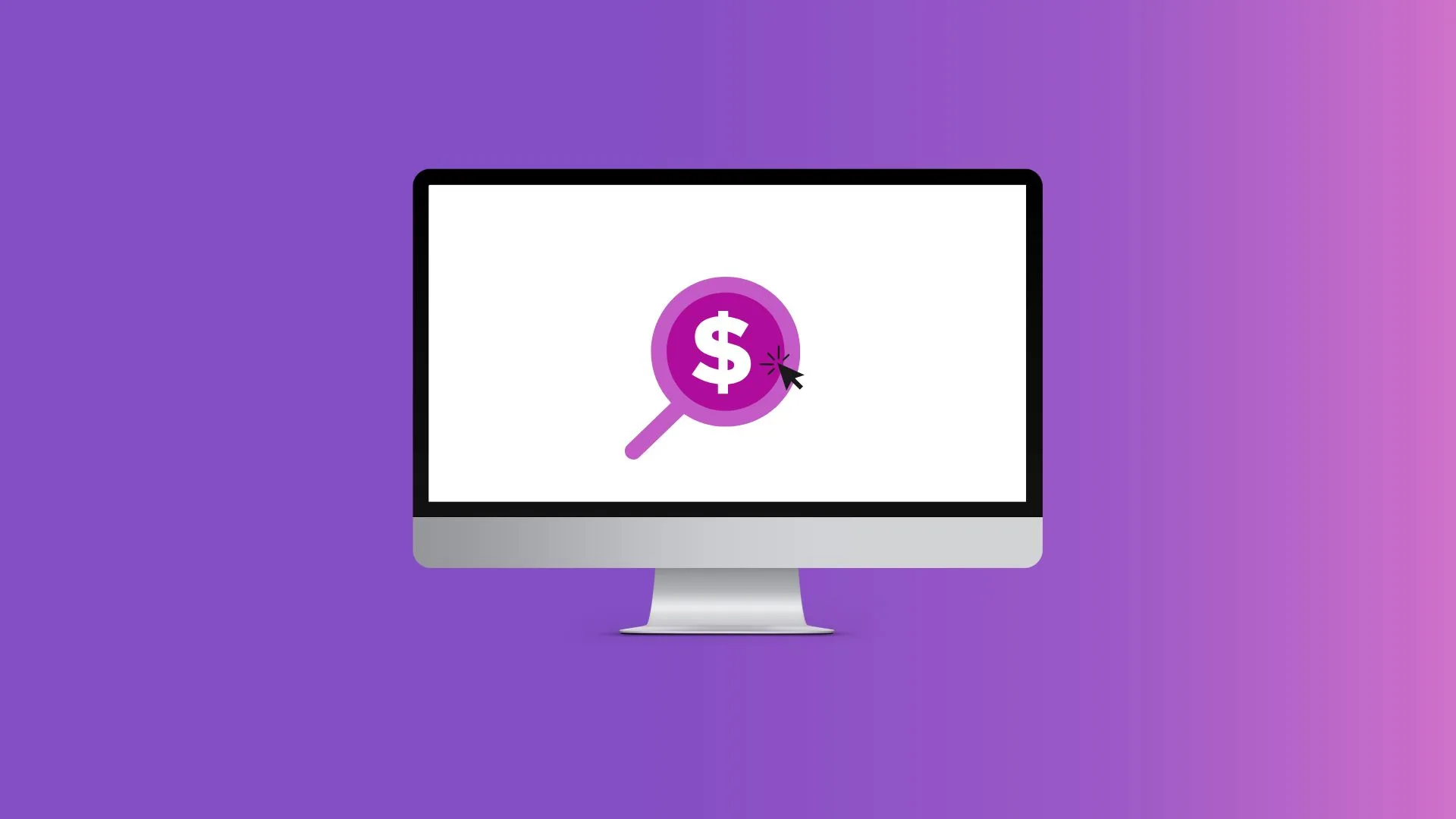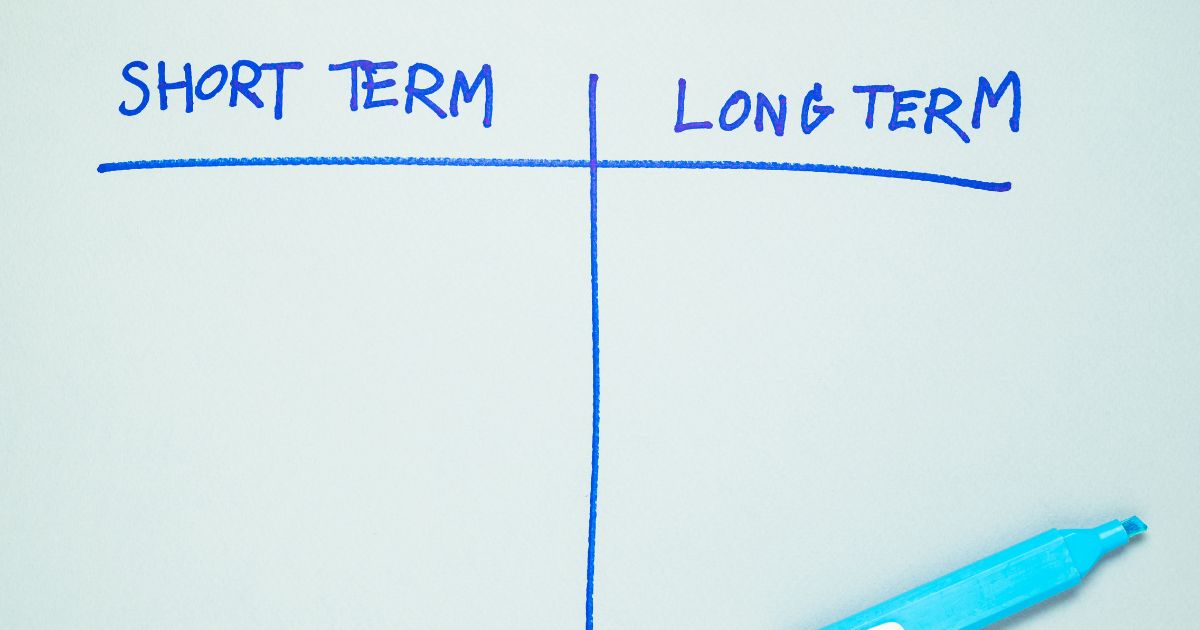Organic vs Paid Search: Understanding the Key Differences

Understanding Organic Search
Let’s discuss organic search results first, particularly the benefits and challenges that it offers.
What is Organic Search?
Organic search refers to ranking on Google search results without availing paid ads. These organic results rely on search engine algorithms to crawl and index relevant content. This way, websites rank on a search engine results page without spending a single penny on ads.
They say that organic traffic is the more sustainable growth driver. In a way, that’s true. Organic search initiatives are the cornerstone of an effective Search Engine Optimization (SEO) strategy.
Here are crucial aspects that make organic marketing campaigns successful:
- Keyword research: Relevant keywords make your content marketing stand out. Target keywords that address the current pain points and interests of your audience.
- On-page SEO: Use keyword data in optimizing title tags, meta descriptions, and headers. Incorporate specific keywords but refrain from keyword stuffing. This could confuse search engines.
- Off-page SEO: Acquire relevant backlinks from authoritative websites. Rely on white-hat link-building strategies to avoid incurring penalties from Google.
- Technical SEO: Rank organically through a technically sound and healthy website. Optimize website speed, mobile responsiveness, and site navigation.
Your website’s visibility on organic listings offers benefits that paid search results cannot provide.
Key Benefits of Organic Search
Investing in organic search results is worth your while. Just take a look at these unique benefits:
- Long-term visibility: Organic content leverages keywords relevant to your audience’s interests. Your content appears on the Google search results page as long as people are still interested in the topic. It’s different from paid advertisements, which only appear until the ad budget is used up.
- Gain a loyal following: Naturally, people trust organic search results more than paid content. Ranking high on organic results can increase brand trust and credibility.
- Cost-effectiveness: Invest more in evergreen content and helpful articles. These timeless types of content help you save time and resources.
Organic search focuses on sustained growth through valuable content. This approach can win you loyal customers and free word-of-mouth marketing.
Challenges of Organic Search
Ranking organically on search engine result pages requires heavy patience. It might take three to six months to see significant results from organic SEO. It might even take longer for a large-scale, comprehensive marketing strategy.
Moreover, you’re dealing with heavy competition. There are other websites with the same target audience as yours. You should consistently churn out valuable content to be able to compete.
Still, organic traffic is the most sustainable website traffic. Unlike paid search, it requires great patience and creativity. But the rewards are even greater.
Understanding Paid Search
Paid search advertising works if you need an immediate boost in traffic and conversion.
What Is Paid Search?
Paid search involves paying for advertising space on the top of search engines. Typically, you pay for every ad click that you get. Therefore, it’s commonly referred to as pay-per-click (PPC) ads.
Unlike organic search, paid search campaigns deliver quick results. To help you understand paid search results, here are several key components:
- Keywords: Your ads target certain keywords that users search for in Google.
- Ad copy: This covers the headline, description, and call-to-action (CTA). It’s what users see when your ad is displayed on search results.
- Landing page: The page on your website where users land after clicking on your ad. Ensure that your landing pages contain accurate information to maximize your investment.
- Bid amount: This refers to the maximum amount you’re willing to pay per click. The higher the bid amount, the greater the chance that you rank for a targeted keyword.
A paid search campaign comes with benefits and risks. The key is to maximize your exposure and ensure that landing pages are optimized for conversions.
Key Benefits of Paid Search
Websites turn to paid results for their unique and swift advantages, including these benefits:
- Immediate visibility: Are you capitalizing on a seasonal trend that will end soon? Leverage paid ads to quickly show your content to the right audience.
- Targeted ads: Show your ads to a target demographic, region, or schedule. This flexibility maximizes your Return on Investment (ROI).
- Experimentation: Through A/B testing, you can experiment with different ad variants. See which headline, description, or CTA works best with your audience.
Moreover, Google Ads offers free built-in analytics tools to measure your ad performance. You can also use paid tools like Semrush for a more comprehensive performance analysis.

Challenges of Paid Search
Why do businesses shy away from paid search? It’s the ongoing expenses, of course.
Google Ads is an expensive marketing campaign, especially for competitive niches. Here are examples of highly competitive industries in paid search:
- Insurance
- Legal services
- Financial services
- Real estate
- Technology
Budget management is a major challenge in a paid search strategy. Plus, you have to ensure the content quality of your ads. We recommend working with ROI marketing agencies to maximize your resources.
Comparing Organic and Paid Search
Let’s compare paid and organic search strategies by analyzing their costs and business impact.
Cost Implications
An organic digital marketing strategy is generally more cost-friendly than paid advertising. Let’s look at the key expenses for both paid and organic search campaigns.
Organic search cost allocation:
- Salary and training expenses for in-house writers and SEO experts
- Ongoing subscriptions for SEO tools and software
- Regular website audits and content updates
The cost of running organic SEO strategies depends on a website’s complexity. For small businesses, you need around $3,000-$5,000 for the initial setup. Plus, a monthly maintenance of about $2,000-$3,000 for optimizing content.
Now, let’s look at the budget allocation for paid advertising of a Google Ads account.
Paid search cost allocation:
- Creative costs for ad copywriting and graphic design
- Landing page optimization
- Overall ad spend on cost-per-click (CPC) rates
Monthly ad spending for businesses ranges from $3,000-$10,000. For a large-scale PPC campaign, that could go up to $500,000.
Time to Results
Long-term SEO efforts versus immediate digital marketing results. This is the tightrope battle between organic search and PPC advertising.
Are you still deciding between organic search vs paid search? Here’s the general timeframe for seeing significant results:
- Organic search: Three to six months
- Paid search: Within hours or days
Organic search requires a longer commitment to acquire natural backlinks and traffic. It will be more difficult to reach potential customers right away. Yet, the advantage is you’re building your website authority and sustainably driving traffic.
Long-term vs. Short-term Impact
Let’s use one-liners to define the impact of both paid and organic search:
- Organic search: Slow results but a more sustainable growth driver
- Paid search: Immediate visibility that largely relies on an ad budget
Organic search allows you to target relevant users over time. You can invest in evergreen content, which are non-seasonal, helpful articles. This way, you can address users’ search intent throughout the year.
On the other hand, there’s nothing wrong with paid search ads if you mitigate the risks. Similar to social media advertising, you can target hot trends in your market. This can drastically increase your reach and engagement.

Control Over Targeting
Paid search offers better control over audience targeting options. These precision targeting options display your ads to specific demographics, geolocation, schedules, and devices.
You get granular targeting when placing Google shopping ads or video ads on other marketing channels.
On the other hand, organic search doesn’t offer these granular targeting options. Instead, you focus on keywords and content relevance. Follow these tips for better-targeting practices in organic marketing campaigns:
- Use long-tail keywords to target very specific search queries.
- Leverage local SEO techniques to reach your local audience.
- Incorporate conversational keywords for voice search optimization.
The key is to understand your audience’s pain points and interests. This is the only way to produce valuable content and ads.
When to Use Organic Search
When do relevant websites turn to organic search as a growth driver? Here are some of its most common use cases:
- Brand awareness building
- Sustainable traffic generation
- Gaining loyal followers in niche markets
Ranking on organic search requires high-quality content. That applies to both small-scale and enterprise content marketing strategies. Successful organic content playbooks involve these types of content:
- Evergreen content
- How-to-guides and tutorials
- Case studies and testimonials
- Listicles on non-seasonal topics
When to Use Paid Search
Paid search like Google or Bing Ads are best suited for eCommerce, real estate, and B2B companies. They leverage ads to address these unique use cases:
- Product launches
- Trending or time-sensitive promotions
- Event promotions
- Lead generation leading to conversions
- Local business marketing
Make full use of your investment through these paid search best practices:
- Update your keyword data based on current trends.
- Hire creative professionals to produce compelling ad copies.
- Always optimize your landing pages for conversions.
- Monitor your ad campaign and improve weak spots.
We also recommend outsourcing your paid search tasks to digital marketing agencies. They are experts in optimizing your ads for maximum visibility.
Integrating Organic and Paid Search Strategies
A good balance between organic and paid marketing strategies is the perfect formula for success. This maximizes your visibility and prepares your website for conversion-oriented activities.
Integrating both strategies into your campaign gives you these unique benefits:
- Acquire a competitive advantage in high-demand niches.
- Increase click-through rates by generating high-quality leads.
- Reduce reliance on paid advertisements and drive long-term traffic.
Now, how can you properly integrate both paid and organic strategies? Here are proven best practices you must follow:
- Conduct a comprehensive audit, along with scheduled website checkups.
- Align your search marketing goals with your business objectives.
- Use data from paid marketing to assist your organic campaigns.
- Allocate the budget wisely and be careful not to overspend on ads.
- Adjust your strategies and readily adapt when needed.
Many businesses also outsource their SEO needs to search marketing agencies like Fortis Media. They are experts, from link-building to future-proofing your SEO playbook. Plus, their tailor-crafted strategies are unique to each website or business.
A unique SEO strategy is just what your business needs. Make sure that you work with marketing experts who align with your brand’s vision.
Key Takeaways: Choosing the Right Search Strategy
Don’t get too tempted by paid media’s immediate results on search engines like Google. Instead, thread a fine balance between organic content and paid promotions.
Use paid ads for seasonal and time-sensitive promotions. Then, use organic search to provide helpful content to your target audience. Balancing these two strategies can maximize your visibility and engagement.
Follow the example of businesses that trust search marketing experts like Fortis Media. These agencies guarantee your search visibility through their decades of experience. Future-proof your SEO strategies with the right search marketing agency.
FAQs
What is the main difference between organic and paid search?
Organic search rewards websites for their unpaid or non-sponsored content’s value and relevance, while paid search displays websites that pay to appear in search results. Ranking for organic search takes a longer wait compared to the immediate visibility you get from paid media or ads.
How long does it take for organic SEO to show results?
Typically, it takes three to six months before you start seeing significant results from organic content. It might take longer to rank for high-volume keywords and high-demand niches. It’s best to produce quality content for long-tail keywords, or keywords with lower search volume and lower competition.
Which is more cost-effective: organic or paid search?
For a long-term Search Engine Optimization (SEO) campaign, organic search is more cost-effective than paid search. Paid advertisements are costly and your visibility runs out when you consume your entire ad budget. On the other hand, organic content can rank for a long time, depending on quality and relevance.
Can you use both organic and paid search simultaneously?
Yes, many successful marketing campaigns simultaneously leverage organic and paid search strategies. They use valuable data from their paid search ads to inform them of trending keywords to use on their organic content. This blended strategy maximizes a website’s reach and engagement rates.
How does Fortis Media help with search strategy?
Fortis Media is a full-service search marketing agency that offers expertise in both paid and organic strategies. They optimize organic search factors like keyword research, link-building, and content marketing, while also maximizing your ROI from pay-per-click (PPC) advertising on search engines like Google.
Read our other articles

Benefits of Enterprise SEO: Why Large-Scale Businesses Need It


B2B SaaS SEO: Best Practices and Strategy for 2025


Top 5 Trends for Enterprise SEO in 2025






